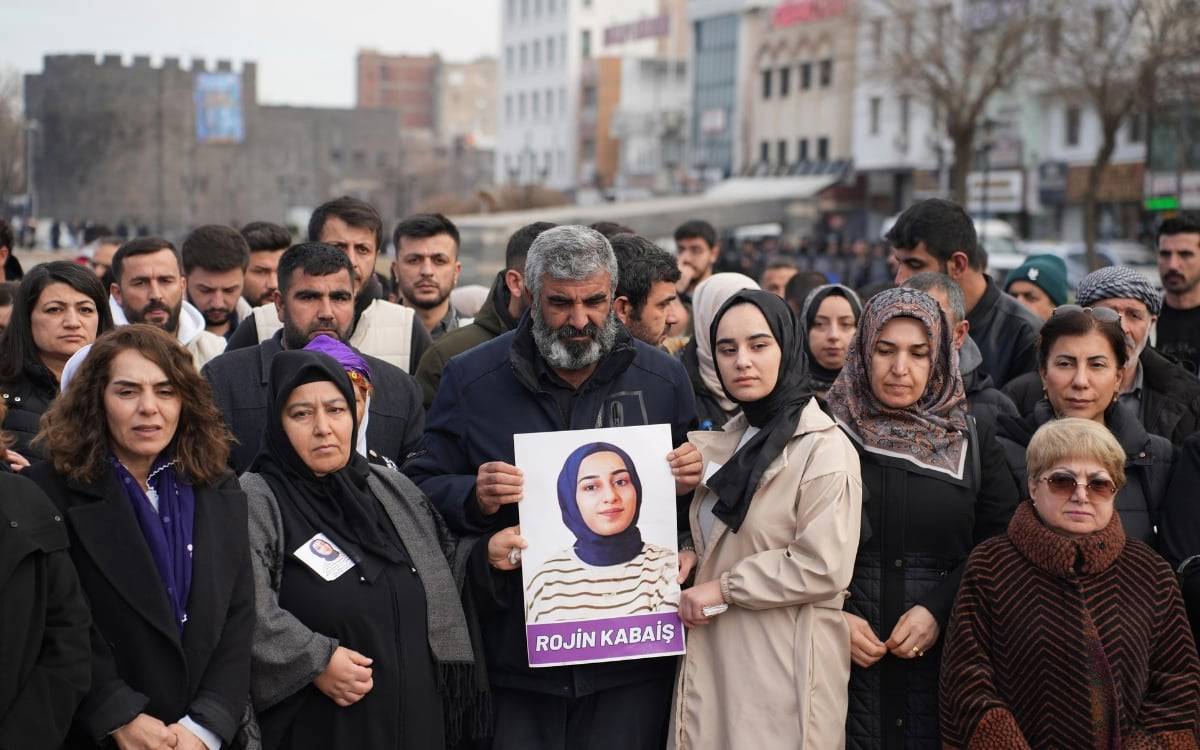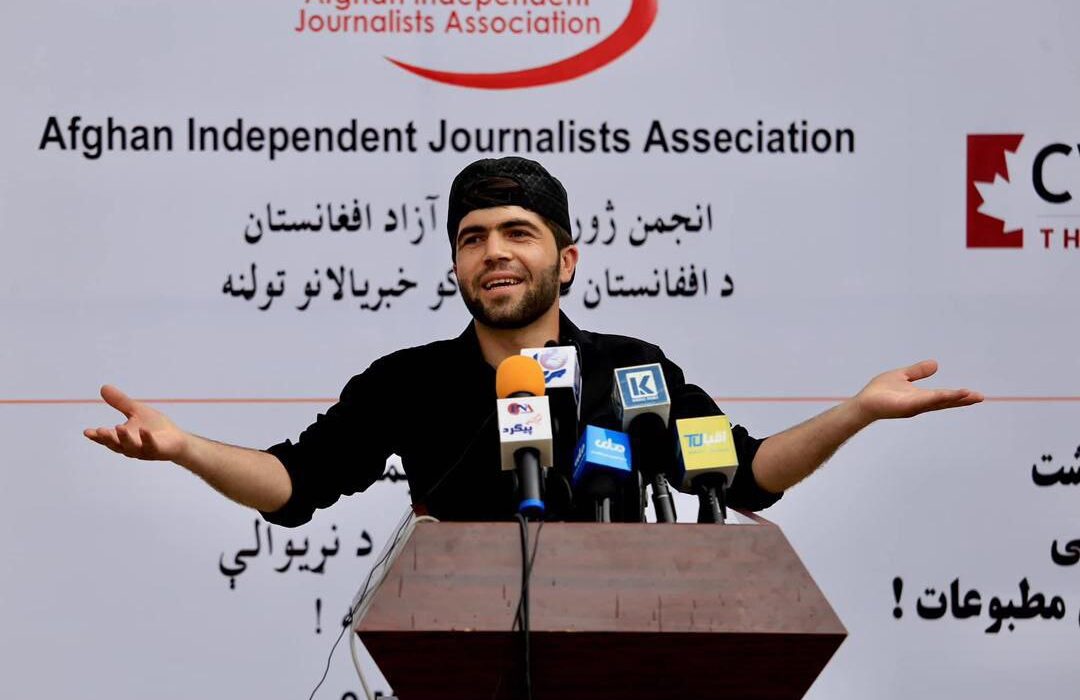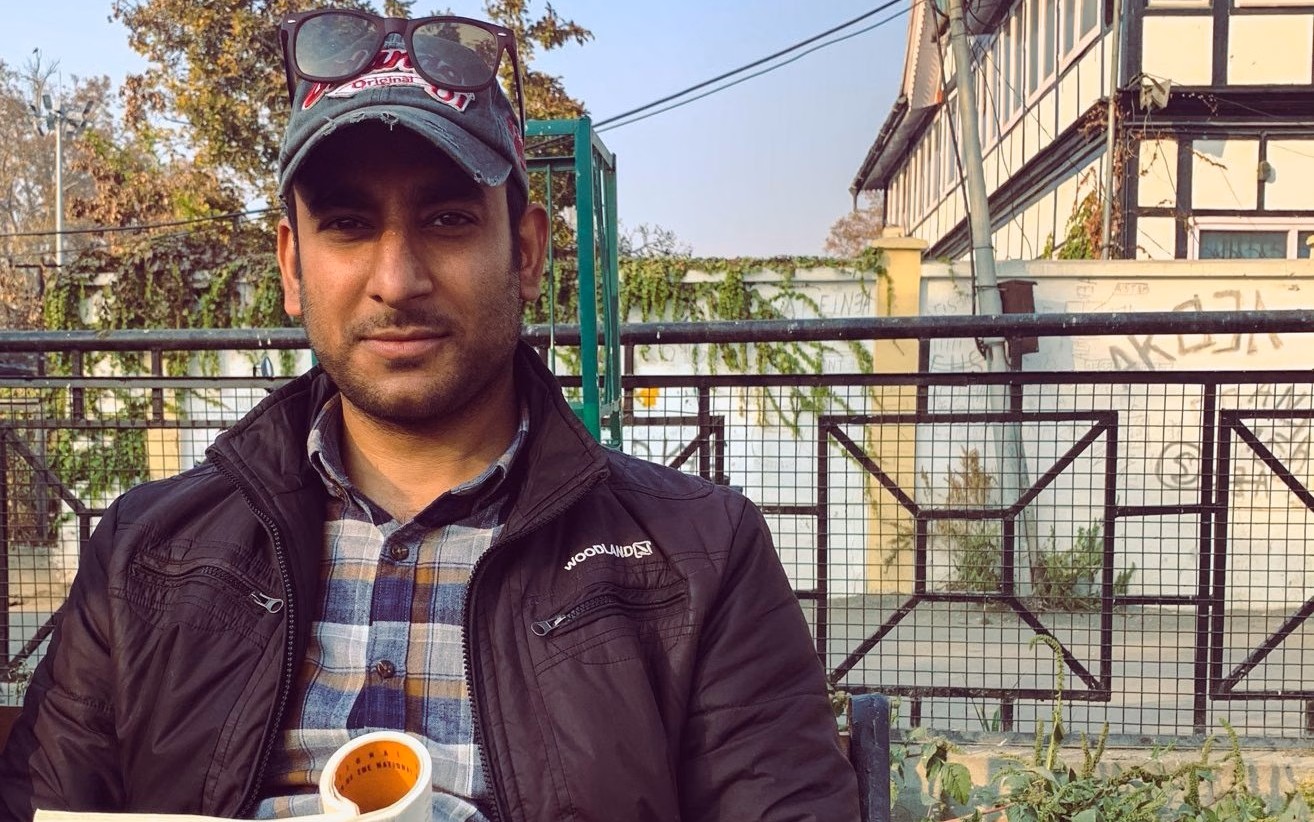
Suspicion, Silencing and the Student Case in Turkey
October 24, 2025
The Appeal Trial of Christophe Gleizes Scheduled in Algeria
October 24, 2025October 24, 2025 – Afghanistan –
An Afghan journalist, Mohammad Agha Sailani, was released from police custody in Islamabad early on Thursday, marking a sudden reversal after his detention by Pakistani authorities. He had been held in connection with enforcement operations targeting undocumented Afghan refugees in Pakistan’s capital region.
The detention had been strongly condemned by the Afghanistan Media Support Organization, which described it as a “grave violation of press freedom” and of the rights of refugee journalists. That group had called for Sailani’s immediate and unconditional release, noting that the Pakistani authorities provided no clear justification for his arrest and that he faced the risk of deportation to Afghanistan.
The reports of his release come amid growing scrutiny of Pakistan’s treatment of Afghan journalists and media workers residing there. Afghan journalists in Pakistan often operate under precarious legal status, and detentions or threats of deportation have increasingly been used in enforcement actions against refugees. Sailani’s release serves as a rare instance of corrective action, though it does not resolve the larger vulnerabilities facing refugee-media professionals.
Media and rights organizations welcomed the release but urged that the conditions of Sailani’s detention, the reason for his arrest, and the broader patterns of harassment against refugee journalists in Pakistan must be addressed. They emphasized that the ability of Afghan journalists to operate in safe environments is essential not only for their personal security but also for the regional free-press ecosystem—especially given the scale of displacement and media exile linked to Afghanistan’s political upheaval.
While the release is a positive development, observers note that the incident nonetheless underscores systemic risks. Without formal protections, transparency in immigration-enforcement actions, and safeguards for journalists irrespective of nationality, similar detentions are likely to recur. The case of Sailani thus both ends a particular detention and signals an ongoing call to action for institutions in Pakistan, Afghanistan, and international advocacy networks to ensure that refugee journalists are not silenced by migration-related state actions.
Reference –
Afghanistan Media Group Condemns Arrest of Journalist in Pakistan, Demands Immediate Release




